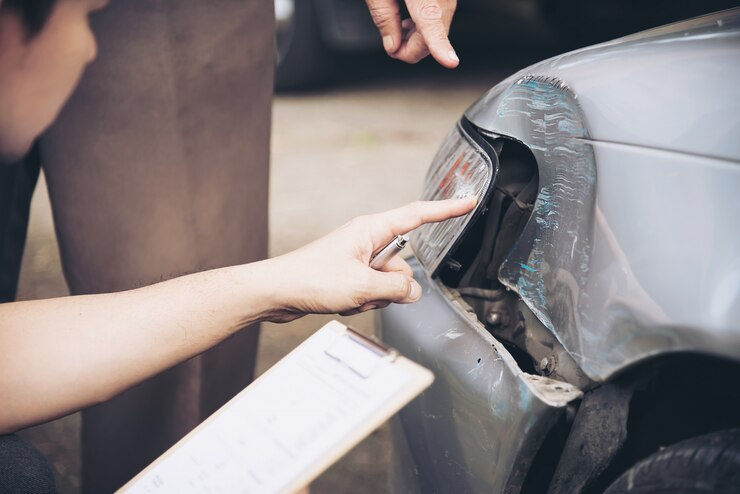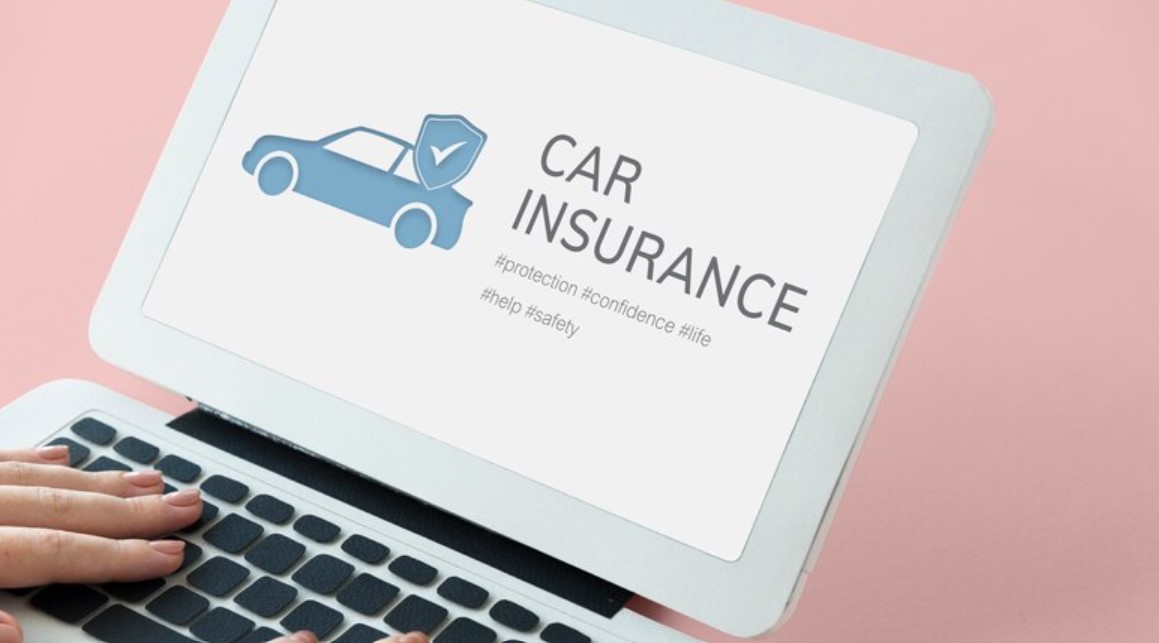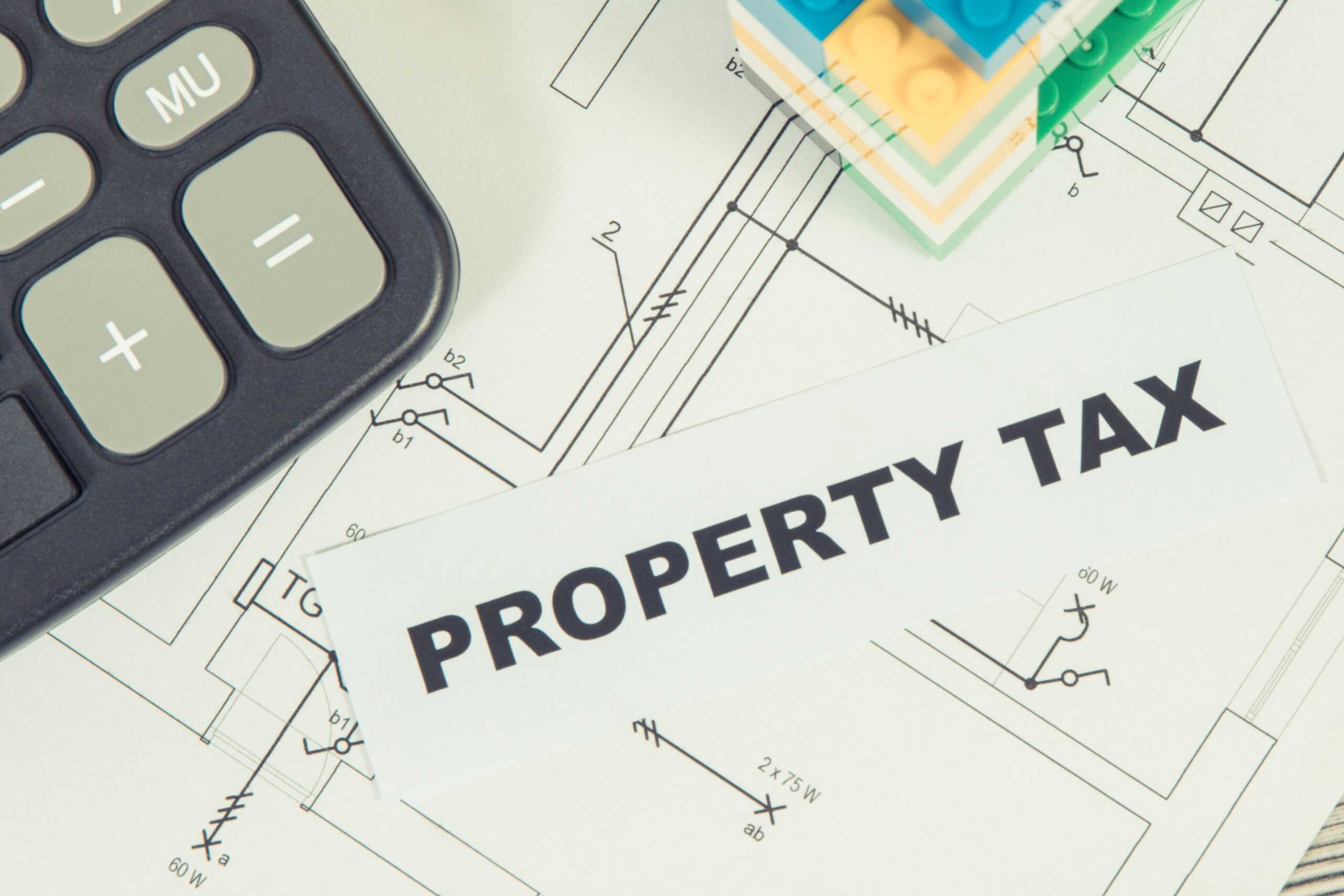
Car accidents are unfortunate events that can have lasting consequences. One of the most critical aspects of any car accident is determining liability—who is at fault? This is not only important for insurance claims but also for legal proceedings. If you’re involved in a car accident in the Sunshine Coast, understanding liability is crucial. Experienced car accident lawyers Sunshine Coast can guide you through this process, ensuring that your rights are protected.
In this article, we’ll delve into the key factors that determine liability in a car accident, the role of evidence, and the importance of legal assistance.
Contents
Understanding the Basics of Liability
What is Liability?
Liability refers to the legal responsibility for the damages caused by an accident. In the context of car accidents, liability determines who will pay for the damages, which can include vehicle repairs, medical bills, and other related expenses.
Types of Liability
- Driver Liability: The most common type of liability in car accidents. It typically arises from negligent driving, such as speeding, running a red light, or driving under the influence.
- Vicarious Liability: This type of liability applies when someone else, other than the driver, is held responsible. For example, employers may be liable for accidents caused by their employees while driving a company vehicle.
- Product Liability: In some cases, the accident may have been caused by a vehicle defect. In such instances, the manufacturer of the vehicle or its parts could be held liable.
Comparative Negligence
In many jurisdictions, liability is not always clear-cut. Comparative negligence allows for the fault to be distributed among the parties involved. For example, if both drivers were partially at fault, the liability might be split, affecting the compensation each party receives.
Factors That Determine Liability in a Car Accident
1. Traffic Law Violations
One of the primary factors in determining liability is whether any traffic laws were violated. If a driver ran a red light, failed to yield, or was speeding, they are likely to be found at fault. Traffic laws are designed to prevent accidents, and violating them is often seen as a clear sign of negligence.
2. Police Reports
After an accident, the police are usually called to the scene. They will investigate the accident, gather evidence, and write a report. This report can be a crucial piece of evidence in determining liability, as it includes the officers’ observations and any citations issued.
3. Witness Testimonies
Witnesses who saw the accident can provide valuable information about what happened. Their testimonies can corroborate the events leading up to the accident and help establish fault.
4. Physical Evidence
Physical evidence from the scene of the accident, such as skid marks, vehicle damage, and road conditions, can play a significant role in determining liability. Accident reconstruction experts can use this evidence to piece together how the accident occurred.
5. Statements from Drivers Involved
The statements of the drivers involved in the accident can also influence liability. However, it’s important to be cautious when giving statements, as anything said can be used in the determination of fault. It’s advisable to consult with a lawyer before making any statements.
The Role of Insurance in Determining Liability
Insurance Adjusters
After an accident, insurance companies will assign adjusters to investigate the claim. These adjusters will evaluate the evidence, interview the parties involved, and determine the extent of the damages. They play a significant role in deciding liability and the amount of compensation.
Fault and No-Fault States
Liability determination can vary depending on whether you’re in a fault or no-fault state. In fault states, the driver found to be at fault is responsible for covering the damages. In no-fault states, each driver’s insurance covers their own damages, regardless of who caused the accident.
Settling with Insurance Companies
Once liability is established, insurance companies may offer a settlement. It’s essential to understand that initial offers are often low, and negotiating with the help of a lawyer can lead to a fairer compensation amount.
How to Protect Yourself After an Accident
1. Call the Police
Always call the police after an accident, even if the damage seems minor. A police report is a critical document that can help establish liability.
2. Gather Evidence
Take photos of the accident scene, vehicle damage, and any visible injuries. Exchange contact information with witnesses and get a copy of the police report.
3. Seek Medical Attention
Even if you feel fine, it’s crucial to seek medical attention after an accident. Some injuries may not be immediately apparent, and medical records can serve as evidence in your case.
4. Avoid Admitting Fault
Be careful about what you say after the accident. Even a simple apology can be interpreted as an admission of fault. Stick to the facts and let the investigation determine liability.
5. Contact a Lawyer
Consulting with a lawyer, especially in complex cases, can make a significant difference. They can guide you through the process, negotiate with insurance companies, and ensure that you receive the compensation you deserve.

The Importance of Legal Assistance
Why You Need a Lawyer
Determining liability can be a complicated process, especially when multiple parties are involved. A skilled lawyer can help navigate the legal complexities, gather necessary evidence, and build a strong case on your behalf. They can also handle negotiations with insurance companies, ensuring that you are not taken advantage of during the settlement process.
Choosing the Right Lawyer
When selecting a lawyer, it’s essential to choose someone with experience in handling car accident cases. [Car accident lawyers Sunshine Coast](#) have the expertise and knowledge to manage your case effectively. Look for lawyers with a track record of success in similar cases and those who offer a free consultation to discuss your situation.
Determining liability in a car accident is not always straightforward. It requires a thorough investigation, consideration of various factors, and sometimes, the expertise of a legal professional. By understanding the basics of liability, the role of evidence, and the importance of legal assistance, you can better navigate the aftermath of a car accident.
If you find yourself involved in a car accident in the Sunshine Coast, don’t hesitate to seek the help of experienced car accident lawyers. They can provide the guidance and support you need to ensure that your rights are protected and that you receive the compensation you deserve.








